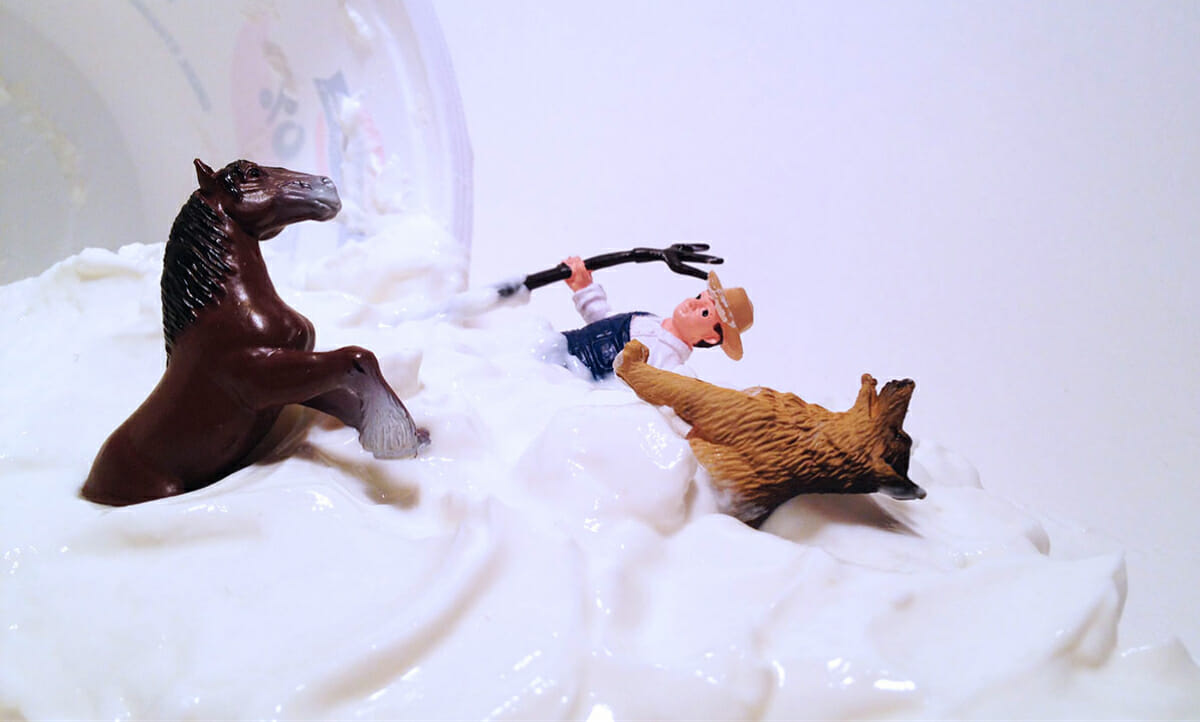
Greek yogurt is known to be one of the healthiest types of foods. It prevents high blood pressure, and regulates our digestive system. What we do not know is the dark side of manufacturing this product.
There are negative implications in producing yogurt to the environment, as well as to cows. Producing a serving of regular yogurt typically requires the same amount of milk as producing one serving of milk. On the other hand, it requires approximately four times more milk just to produce one serving of Greek yogurt. The increasing demand of milk to produce Greek yogurt eventually places more stress on cows producing the milk.
Making Greek yogurt also creates a by-product, called acid whey, which is causing a worldwide problem. It is produced during the process when liquid whey is strained to increase the thickness of the yogurt. On the other hand, regular yogurt does not go through this process. The substance is highly acidic, and large amounts of which can kill thousands of fish when disposed in the water. Other dairy products, like cottage cheese, also produce acid whey, but Greek yogurt produces the largest amount.
There are limited options to dispose the by-product because of its characteristics. It has been fed to cows, and used as fertilizers. Experts have also attempted to convert the proteins into products for human consumption. Unfortunately, none of these attempts were successful. Cows developed digestive problems, while the experts failed to develop a feasible solution to this problem because the amount of acid whey produced is significantly larger than what is safely disposed.
Companies manufacturing Greek yogurt must understand the damage they are causing, and find ways to mitigate their footprint. The industry is continuously expanding, and this only means more waste. Acid whey contains several characteristics that can be used for revenue-generating projects. Stonyfield Farm and Chobani are already looking for ways to convert the waste into energy. Ultimately, this is an ongoing problem that can be alleviated early on provided that companies invest their time and effort. Without their cooperation, we will be experiencing a new level of ecological imbalance in the not-so-distant future.
